This comparison will compare two very famous email marketing platforms, how they deal, and the services they offer. We often get confused in dealing with marketing strategies as there are a lot now in the market. We will discuss each of the platforms and their perks and drawbacks individually, from their features to the prices and customer services and reviews. A software that helps to grow our business in long terms in need of the day brings us to compare two of the used software nowadays.
Table of Contents
Hubspot Vs. Mailchimp: Overview
| Criteria | Hubspot | Mailchimp |
|---|---|---|
| Key Differences | Covers Sales and Email Marketing | Email Marketing Platform |
| Free Trial | With limited functionalities | Upto 2000 contents |
| Starting Pricing | 45$/ Month-Paid Yearly | 9$/ Month- No Yearly Payments |
| Features | Excellent | Good |
| Ease of Use | Good | Excellent |
| Deliverability | Excellent | Good |
| Integrations | Excellent | Excellent With 250+ apps |
| Support | Excellent | Good |
| Customer Feedback | Good | Good |
Upfront Summary: MailChimp is vital when it is related to growing newsletters, especially for a new business, as It is highly User friendly. On the other hand, HubSpot is a bit technical side and covers all the aspects of a business. You are getting everything under one roof.
Hubspot Vs. Mailchimp: Key Differences
Hubspot:
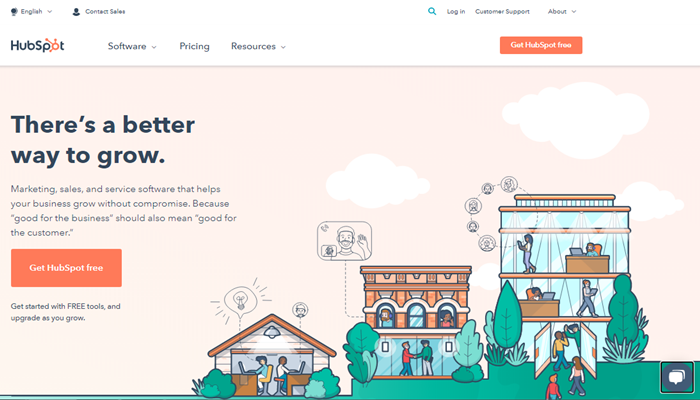
Hubspot marketing is operating for the past few years now, offering to do almost all types of markets, but the most prominent one is email marketing.
- Creation of Quick funnels
- Agencies can resale the memberships.
- Over Priced in comparison to competitors
- Everything under one roof.
- Lead pages to Maximize sales
- Valuable keywords for Audience
Mailchimp:
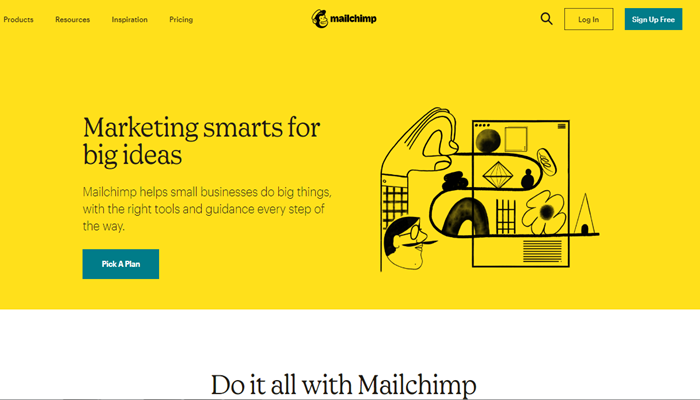
Mailchimp is the way to grow your business fast by proper email marketing. It is a list based automation, unlike HubSpot. Though it is based on personal preference, Mailchimp has everything that a new business needs.
- It is user-friendly
- best for beginner business setups
- less priced and pocket friendly
- It has user-designed automation tools
- Scheduler for meetings and emails
Mailchimp is the right platform when it comes to email marketing.
Bottom Line: Both of the Software’s Hubspot and Mailchimp work in the same way and are almost similar, but Hubspot brings a bit more to the game in terms of the features, but at the same time, it’s expensive as compared to Mailchimp.
Hubspot Vs. Mailchimp: Pricing
Hubspot:

Hubspot membership prices are a lot different as compared to that of its rival marketing companies. If a company has the exact model what HubSpot supports, then it works quite well, but they are a bit overpriced in what they offer. But if your organization is large enough, then they are worth buying.
Here is the list of the membership of Hubspot Marketing. They have four basic packages free, starter, professional, and enterprise.
- Free
- Starter 45$ / month – Paid yearly – Up to 1000 contacts included
- Professional 800$ / month – Paid yearly – Up to 2000 contacts included.
- Enterprise 3200$ / month – Paid yearly – Upto 10,000 contactincluded
Based on the size of your business, you can choose the desired plan accordingly.
Mailchimp:
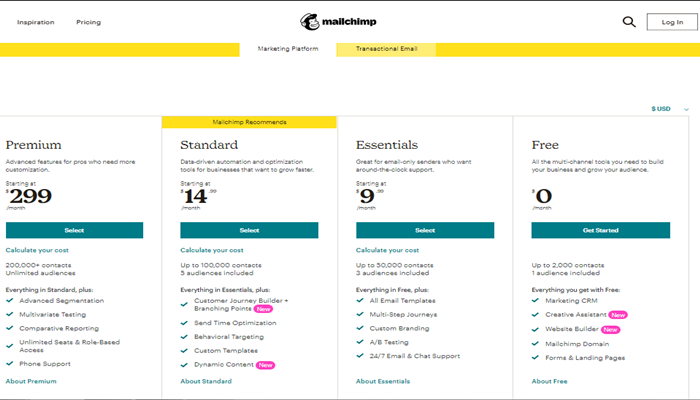
The most prominent and vital feature of Mailchimp is that it is free as long as you have less than 2000 subscribers. Secondly, you can only send a limited number of 12000 emails only in free trial membership. But still,you can use 80 percent of the Mailchimp features for free. You can carry out a still large number of emails without spending 100s of bucks like one has to spend on other platforms. You can try Mailchimp if you are in E-commerce and don’t want to hesitate in all the hurdles of integrations errors caused by other platforms.
Here is the list of all the pricing packages that currently Mailchimp is offering to its customers. There are currently four supported packages now, namely free, essentials, standard, and premium.
The details of these plans offered by Mailchimp are as follow:
- Free 0$ Up to 2,000 contacts 1 audience included
- Essentials 9$/month – No yearlyUp to 50,000 contacts 3 audiences included
- Standard 15$/month – No yearlyUp to 100,000 contacts 5 audience include
- Premium 300$/month – No YearlyUp to 2,000 contacts unlimited audience included
The larger your business is, the higher package you have to buy.
Bottom Line: In terms of Pricing, each Platform has its perks and drawbacks. Hubspot covers more features at lower prices. Mailchimp is cheap and is suitable for new businesses. Hubspot has yearly Subscriptions as well, while Mailchimp only accepts Monthly Payments.
Hubspot Vs. Mailchimp: Main Features
Hubspot:
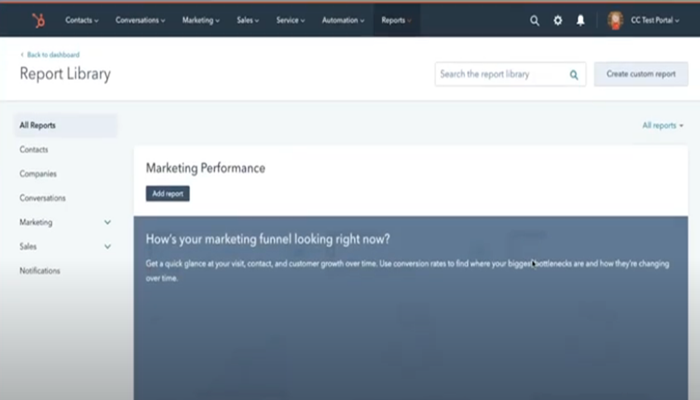
Hubspot can do whatever you expect marketing software to do. HubSpot has four important hubs: the marketing hub, sales hub, service hub, and CMS hub. The main features are Marketing Automation, and Analytics, and Lead generation. Lead generation can bring you a lot of leads, which will help you in increased sales.
Advanced CRM and meeting schedules are also an integral part that is covered by Hubspot.
Mailchimp:
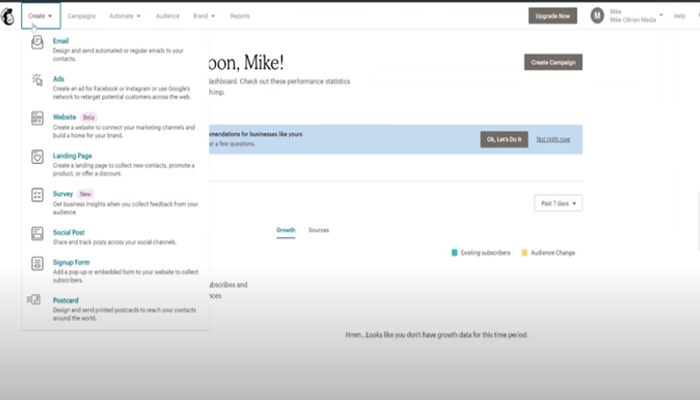
Mailchimp covers a variety of main features, but they cover audience management and market automation. Besides, they have a variety of creative tools as well.
Audience Management includes Marketing CRM that is how to know your audience and finding new ways to market your audience. Signup forms are also available to grow the audience with a pop-up form. Segmentation, Behavioral targeting, predicted Demographics, and tags.
Creative tools have sub-features of Content Studio, Creative Assistant, and Subject Line helper, helping you get catchy subject lines.
The most important feature is Marketing Automation that covers all the integrations and transactional emails.
Bottom Line: Both Hubspot and Mailchimp are equally good and user friendly. Their features can be used to market the business. Both of them have automation tools that reduce the time a user has to give to a platform for his business to grow. They support the Integrations system as of Shopify and other platforms.
Hubspot Vs. Mailchimp: Ease of Use
Hubspot:

In September 2020, Hubspot released new updates to maximize the ease of use for its customers.
They also enabled automation, reducing the time on the platform. The organizations are yet not fully aware of the uses of Hubspot, but they are still spot on and easy to use.
Mailchimp:
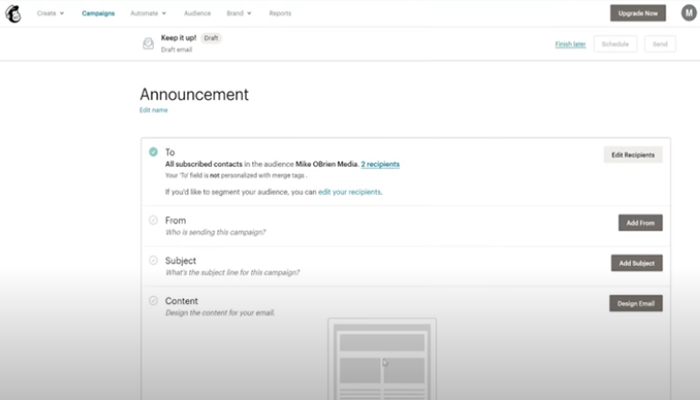
Mailchimp is widely popular due to its user-friendly platform. Their tagline defines the ease of use policy as “You have our back.” Their automation tools enable us to cut the time short that we consume on a Marketing app.
As mentioned earlier, Mailchimp is Beginner friendly Platform. Even people having less to no knowledge can get their hands quickly on this Mailchimp. SO ease of Usage Policy is one reason that MailChimp is so popular nowadays in the online marketing industry.
Bottom Line: Both platforms are easy and friendly, but there are some slight betterments in Mailchimp that take them a step ahead of their counterparts Hubspot.
Hubspot Vs. Mailchimp: Deliverability
Hubspot:
Hubspot sends almost one Billion emails every month, and the number is increasing day by day. They havecoveredall thedeliverability Success aspects, and they are one of the best in business. On 4 April 2017, their new deliverability policy works by sending a small portion of the campaign first, and if clicked, the rest part is added. Thus, bringing real results.
The emails got delivered to all the famous email providers such as Gmail, Outlook, Yahoo within time. HubSpot has a loss rate of 1.5, and the average open rate is around 23 percent for financial emails and 26 percent for real estate and construction with a 2.8 percent click-through ratio.
Mailchimp:
Mailchimp provides unique options when it is up to email deliverability as most platforms’ deliverables are just into the promotional section, decreasing the chance of proper deliverability. But MailChimp offers double opt-in methods for email permission, so email is sent directly to the inbox section and doesn’t end up being in the spam or promotional section. The average open rate of Mailchimp 18.0% Average click-through rate: 2.6% Average click-to-open rate: 14.1%with a loss rate of 1.6.
Bottom Line:
Mailchimp and Hubspot are both kings in terms of deliverability, but Hubspotis a step ahead in industrial-accepted delivery rates.
Hubspot Vs. Mailchimp: Integrations
Hubspot:
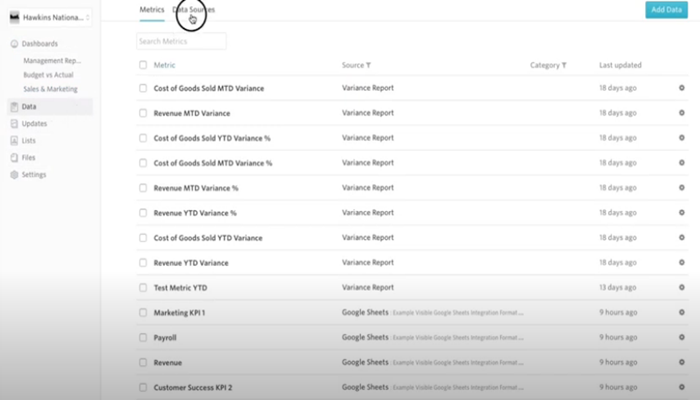
It is platform friendly; all the users from packages Starter, free and Essential can install all the third-party integrations through HubSpot connect. Hubspot enables you to integrate with third-party integrations.
At the start,free integration was not available for all the packages, but considering the needs of users, HubSpot gave access to all the memberships, including. Eventbrite, Zappier, Survey Money, Go to Webinar Shopify, ClickFunnels, Unbounce, Pipedrive, Sumo, Dropbox Salesforce, Square, Woo Commerce, Facebook, WordPress, Google Analytics, Zapier, Joomla, Magento, Evernote,etc. all these integrations are supported by Hubspot.
Mailchimp:
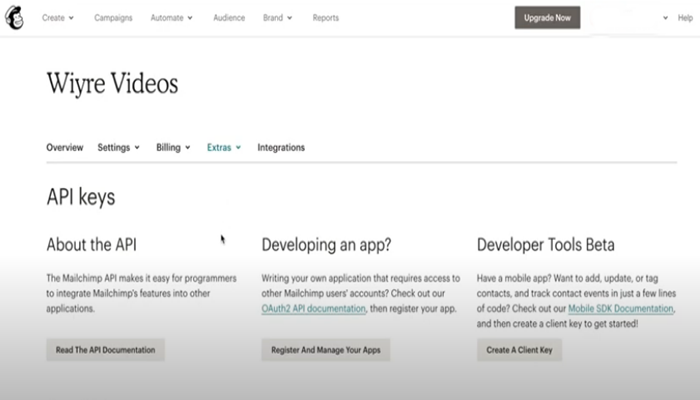
MailChimpworks best with newsletters, and it maximizes E-commerce sales. In integration, one noticeable point is that every marketing software that is available nowadays can easily be integrated with MailChimp. There are unique page builders, and they only work with Mailchimp. And If a new Page builder is formed, it has by default Mailchimp integration due to widely used applications.
We can have direct integration with the sales list and email data. This method can also get in touch with the people who have abandoned the shopping carts and never purchased again. One can Mail the People directly who have leftovers in their shopping cart and if they want to proceed with the sales.
Some most famous examples are Shopify, Daraz, Elo, WooCommerce, Facebook, WordPress, Google Analytics, Zapier, Joomla, Magento, Evernote, Woo-Commerceare all supported by Mailchimp.
Bottom Line: Mailchimp and Hubspot both have advanced integration systems. The third-party policy enables the support of all integrations. So each of them is best in terms of supporting integration platforms.
Hubspot Vs. Mailchimp: Support
Hubspot:
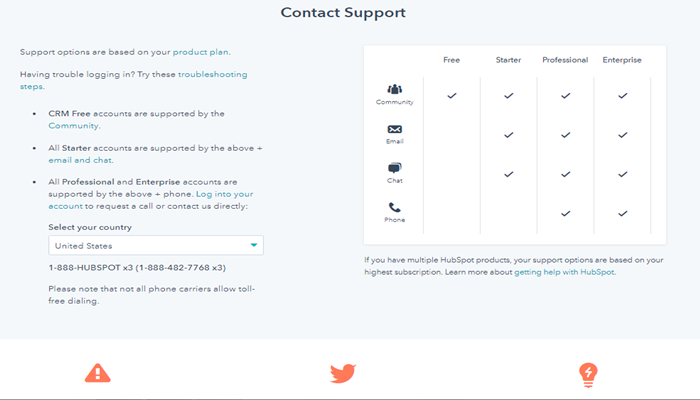
Hubspot Support is better than almost all the rival and competing platforms in the market. They are available 24/7 and are open toqueries.
Secondly, their high package subscription price worth their support. The customer cares are friendly and are also open for calls now.
Mailchimp:
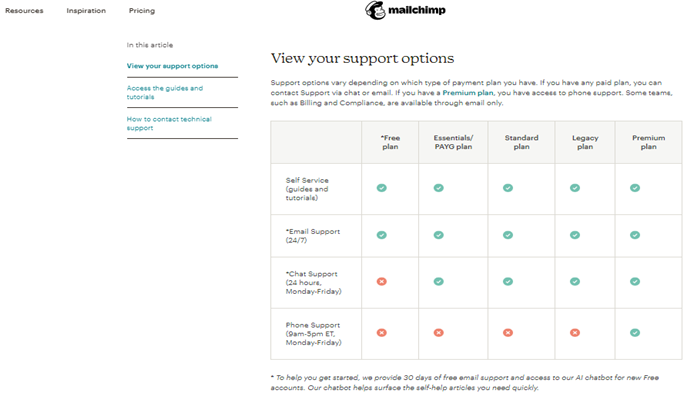
If you are facing any difficulty, then Mailchimp is available 24/7 for their support. But on Trust Pilot,some people are complaining about the slow support. So Customer Support is the one field that Mailchimp has to improve.
Bottom Line: Both Hubspot and Mailchimp are so popular and the best out there in the market, but In Customer Support,Hubspot is taking a bit of edge over Mailchimp that is still coverable, but they have to improve.
Hubspot Vs. Mailchimp: Customer Feedback
Here we analyzed and marked scores of some famous feedback from the subscribers using HubSpot and MailChimp.
| Platform | Hubspot | Mailchimp |
| Trustradius | 4.5 / 5 | 4 / 5 |
| Capterra | 4.6 / 5 | 4.4 / 5 |
| G2Crowd | 4.4 / 5 | 4.3 / 5 |
| GetApp | 4.5 / 5 | 4.4 / 5 |
| FinancesOnline | 4.8/ 5 | 4.5 / 5 |
| Average | 4.5 / 5 | 4.3 / 5 |
Bottom Line:
Based on the reviews above, both the apps are fully functional and working in the market for a long. In short, they both are equally trusted and liked by people now; it’s on your needs of which platform completes your requirements and work on the integrations they need and which platform they want to subscribe to. If you are dealing with small to medium-sized businesses, you can opt for Mailchimp, and if your organization is quite Huge, you can take the services of Hubspot.
